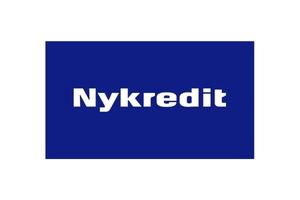Contact us to learn more about what we can do for your organization
Are you facing an organizational change? Do you need strategic advice or a leadership development program?
Contact us and together we will tailor a process that develops the exact competencies and structures that strengthen and future-proof your organization.
Torsten Conrad
Partner | Area Director for Implementation & University Sector
Mobile: +45 27 50 29 18
E-mail: tc@lead.eu








